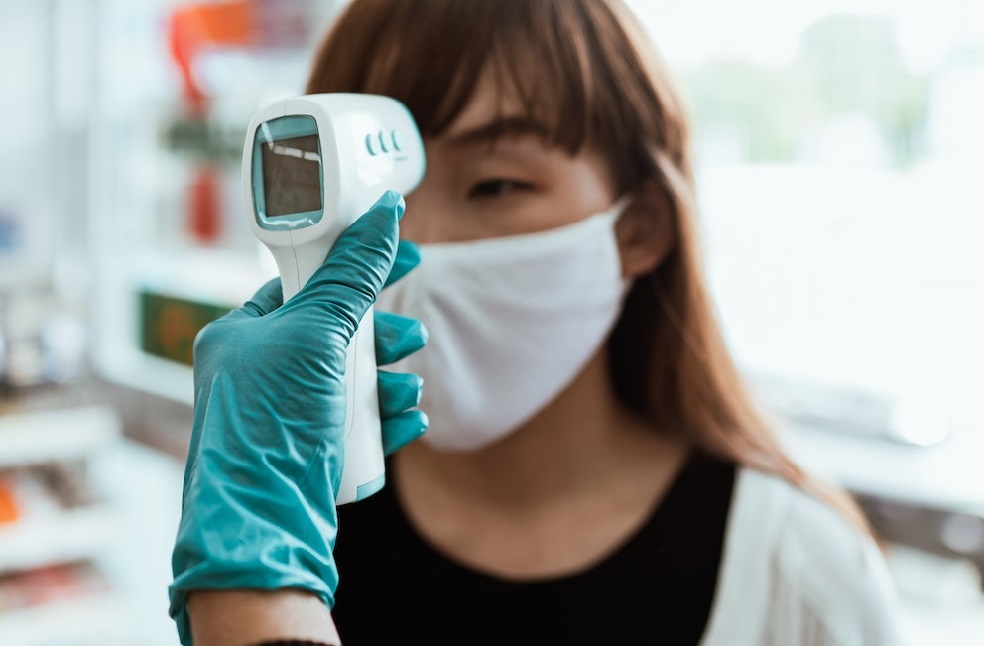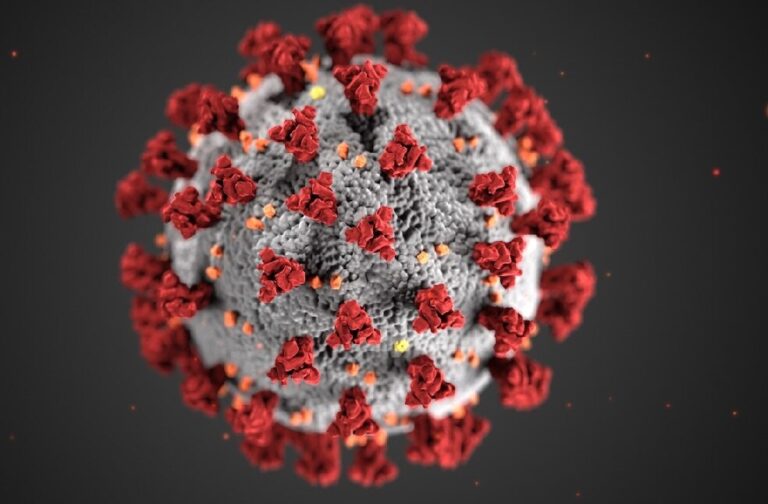United States: A new study has found a link between SARS-CoV-2 infections and the onset of mental health conditions like schizophrenia, coinciding with the global surge in COVID-19 cases.
The recent study, which has not yet undergone peer review, found that moderate to severe illness brought on by SARS-CoV-2 infection was significantly associated with a higher chance of receiving a diagnosis of schizophrenia spectrum and psychotic disorder (SSPD). It was found through comparison with a group of people who did not have Acute Respiratory Distress Syndrome (ARDS) related to COVID-19.
“Our study is consistent with the known neurotropism of the SARS-CoV-2 virus and other reports of increased risk of major psychiatric disorders following Covid-19 infection,” said Asif Rahman, from the Department of Industrial & Management Systems Engineering, West Virginia University.

“Further research is required to identify specific characteristics of populations and individuals who may be at a particularly high risk of developing SSPD and potentially other significant psychiatric conditions following the COVID-19 infection. Understanding these psychiatric risks associated with COVID-19 is an essential component of our strategy to address the evolving landscape of COVID,” added Rahman, in the paper posted on a preprint site.
Using COVID-19 lab negative cohorts and acute respiratory distress syndrome (ARDS) as control groups allowed the researchers to precisely measure the effect of COVID-19 on SSPD, which sets them apart from other studies.
Methodically, data from 19,344,698 patients was filtered to form ARDS, COVID-positive, and COVID-negative propensity-matched cohorts.

They looked at the risk of new-onset SSPD at three different time points after infection: 0–21 days, 22–90 days, and more than 90 days.
The results demonstrated that patients who tested positive for COVID-19 had a higher hazard ratio at all intervals, as per the statement.
The study emphasises how crucial it is to monitor the mental health of individuals getting better from COVID-19. Their ongoing elevated risk suggests a broader social concern, particularly with regard to severe mental illnesses such as SSPD.



